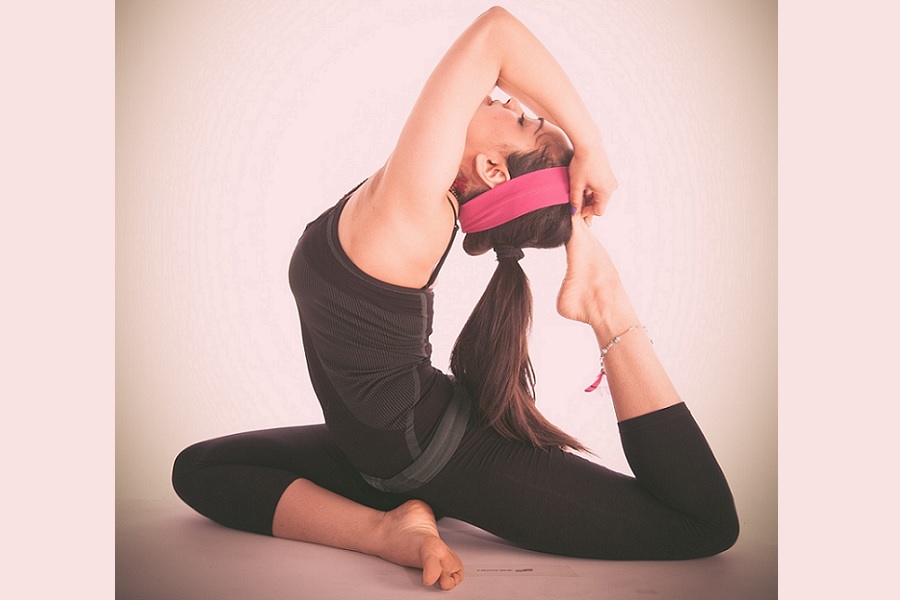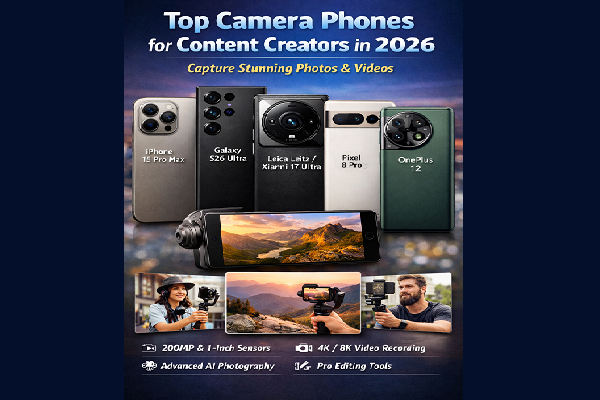Tech-Infused Fitness: How Wearables and AI Are Revolutionizing Personalized Health

In recent years, the intersection of technology and fitness has created a revolution that is changing the way we approach health and well-being. The rise of wearables, fitness apps, and artificial intelligence (AI) has made personalized fitness routines not only possible but more effective than ever before. Whether you're a seasoned athlete or just beginning your fitness journey, tech-infused solutions are helping individuals optimize their health in ways that were once unimaginable.
* The Rise of Wearables: A Personal Trainer on Your Wrist
Wearable technology, particularly smartwatches and fitness trackers, has become a key player in the fitness tech boom. Devices like the Apple Watch, Fitbit, and Garmin now offer much more than just timekeeping. They track a variety of metrics, such as heart rate, steps, calories burned, sleep patterns, and even blood oxygen levels. These devices continuously collect data, allowing users to gain insights into their physical state and progress.
One of the most significant advancements in wearable tech is the ability to monitor and track real-time biometrics during workouts. Whether you’re running, cycling, or practicing yoga, wearables can help you maintain the optimal intensity by monitoring heart rate zones, pace, and performance over time. For example, if your heart rate goes too high or too low, your device will alert you, helping you adjust your efforts and avoid overexertion or undertraining.
Moreover, smartwatches are increasingly incorporating features like ECG (electrocardiogram) and blood oxygen monitoring, which give users valuable information about their cardiovascular and respiratory health. This is particularly useful for athletes, fitness enthusiasts, and even those with chronic health conditions looking to monitor their fitness levels.
* AI-Powered Fitness Apps: Tailored Workouts for Every Individual
While wearables provide real-time data, AI-powered fitness apps are changing the game by offering personalized workout plans based on the information gathered. Apps like Peloton, MyFitnessPal, and Fitbit Coach use machine learning to analyze users' fitness data and create customized workout routines that evolve based on performance and goals.
AI fitness assistants, such as virtual trainers or digital coaches, are designed to offer advice and instructions, similar to a personal trainer. These digital coaches not only create tailored workouts but also provide motivation, form correction, and adjust the difficulty level as you progress. They use machine learning to refine recommendations, ensuring that you always have a workout that challenges you without being overwhelming.
Additionally, some apps take a more holistic approach by integrating sleep tracking, nutrition recommendations, and mental health support, offering a comprehensive health management system that goes beyond just exercise.
* Virtual and Augmented Reality Workouts: Immersive Fitness Experiences
Another exciting development in the world of tech-infused fitness is the use of virtual reality (VR) and augmented reality (AR) to enhance workout experiences. VR workouts, like those offered by Supernatural and FitXR, immerse users in virtual environments where they can perform exercises like boxing, cycling, or dancing while exploring scenic landscapes or participating in interactive games.
These VR platforms create a fun, gamified atmosphere that encourages consistent workouts by making exercise feel like an adventure. Moreover, AR is also being incorporated into fitness, with apps that project virtual trainers or instructions onto your surroundings, enabling you to work out in your home or gym without the need for a physical instructor.
The immersive nature of VR and AR makes workouts feel less like a chore and more like an enjoyable experience, which is key for maintaining long-term fitness routines.
* Smart Equipment: The Future of Gym Workouts
Beyond personal devices, fitness equipment is also becoming smarter. Many gyms now feature machines that connect with apps and wearables to track progress and offer real-time feedback. For instance, smart treadmills and stationary bikes can automatically adjust speed or resistance based on your performance, ensuring that you’re always pushing yourself within the optimal training zone.
Additionally, smart mirrors, like the one offered by Mirror and Tonal, allow users to perform live and on-demand workouts with digital trainers who guide them through every move. These devices track your form and offer corrective feedback in real time, ensuring that you perform exercises safely and effectively.
* The Future of Fitness Tech: Integrating Data for Holistic Health
As technology continues to evolve, the future of fitness is set to become even more personalized and interconnected. Wearables and fitness apps are moving towards integration with other health devices, such as smart scales, sleep monitors, and even AI-driven nutrition systems, to provide a more comprehensive view of one’s health.
In the near future, we might even see AI-driven health ecosystems that not only track physical activity but also monitor mental health, manage stress, and adjust nutrition in real time based on personal goals. Imagine a world where your fitness tracker not only tracks your steps but also suggests a mindful breathing exercise or a meditation session based on your stress levels detected through biometric data.
* Conclusion
The fusion of technology and fitness has created a new era of personalized health. Whether it’s through wearables, AI-powered apps, VR workouts, or smart equipment, technology is empowering people to take control of their health and fitness like never before. As these innovations continue to evolve, the future of fitness promises even more tailored, immersive, and effective ways to stay active and healthy.
Incorporating tech into your fitness routine can help you maximize your efforts, track progress more accurately, and ultimately, lead a healthier, more fulfilling life.
























